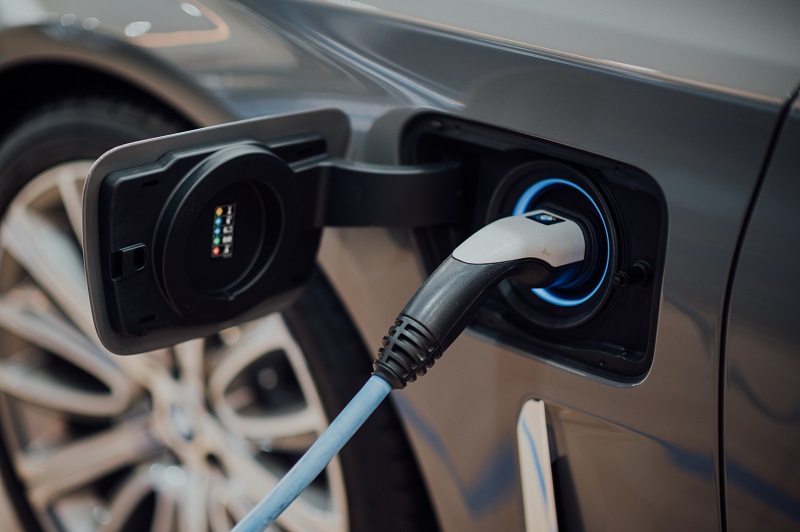
Electromobility is one of the newest paradigms of green development around the globe. Nevertheless, one of the major concerns about the widespread use of electric vehicles (EV) is the recharging infrastructure needed to satisfy the huge electricity demands that these vehicles require. Several developed countries have started to pave the way for the upcoming vehicle electrification. Public charging stations, new EV companies, and electric grid modernization are some of the actions that have been deployed by these countries already as part of the electric vehicle roadmap.
The landscape is quite different, and still blurry, in developing countries, where concrete actions about electromobility have not yet been taken. One of the main barriers these countries have to overcome is the access to affordable charging infrastructure which includes the development of electric vehicle supply equipment (EVSE) such as battery chargers.
This project aims to contribute to solving the problem related to the lack of charging infrastructure in emerging markets. Due to the characteristics of those markets, we propose the development of a low-cost high-efficiency battery charger that could be suitable to replicate on a massive scale. The main outcome of this project will be the design, build, and test of a fully functional prototype. We draw from the expertise of six professors in the areas of Control, Power Electronics, and Electrical Networks – areas of expertise that match perfectly with the requirements of the project.
The project is divided into 3 work packages (WP):
- WP1. Development of the power electronics stageThis WP focuses on the development of the power circuit. The first step will be to select the power topology. This will require a benchmarking process of existing technologies and a careful study of the current state-of-the-art. At this stage, we will work on the selection of components, simulation, and design of the circuit board. We will also built and test the power conversion stage.
- WP2. Control system developmentThis WP focuses on the development of the control strategy for the power converter. This stage will also consider the analysis of different control techniques reported in the literature. At this stage, we will select, test, and implement the control algorithm for the converter.
- WP3. Test and evaluationThis WP focuses on the required test to evaluate the performance of the battery charger. For this, we will perform steady-state and dynamic tests.
- Click here for a video summary of this project.
This project would not be possible without the support and networking capability of WUN which has brought together this international research consortium.”
Principal Investigator, Jesús Valdez-Resendiz, Professor at the School of Engineering and Sciences, Tecnológico de Monterrey